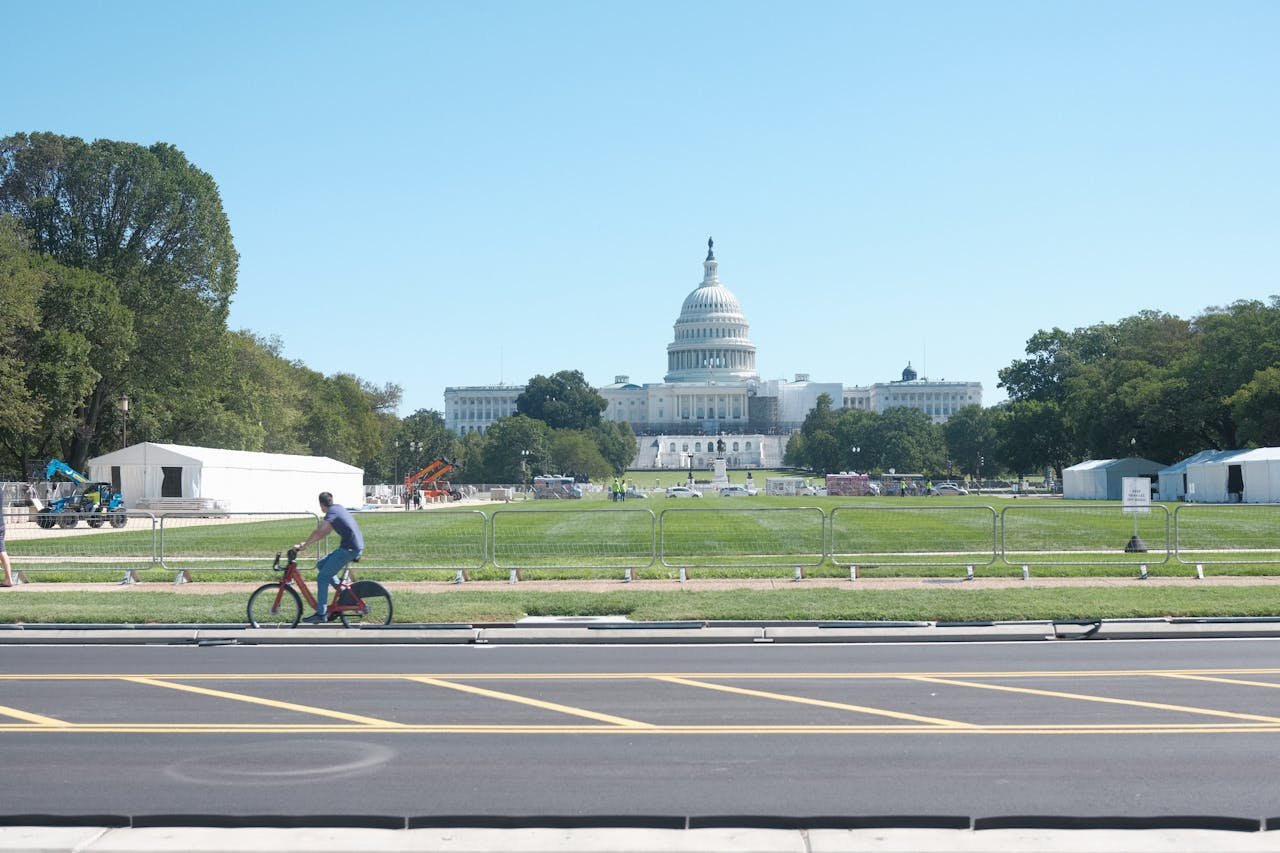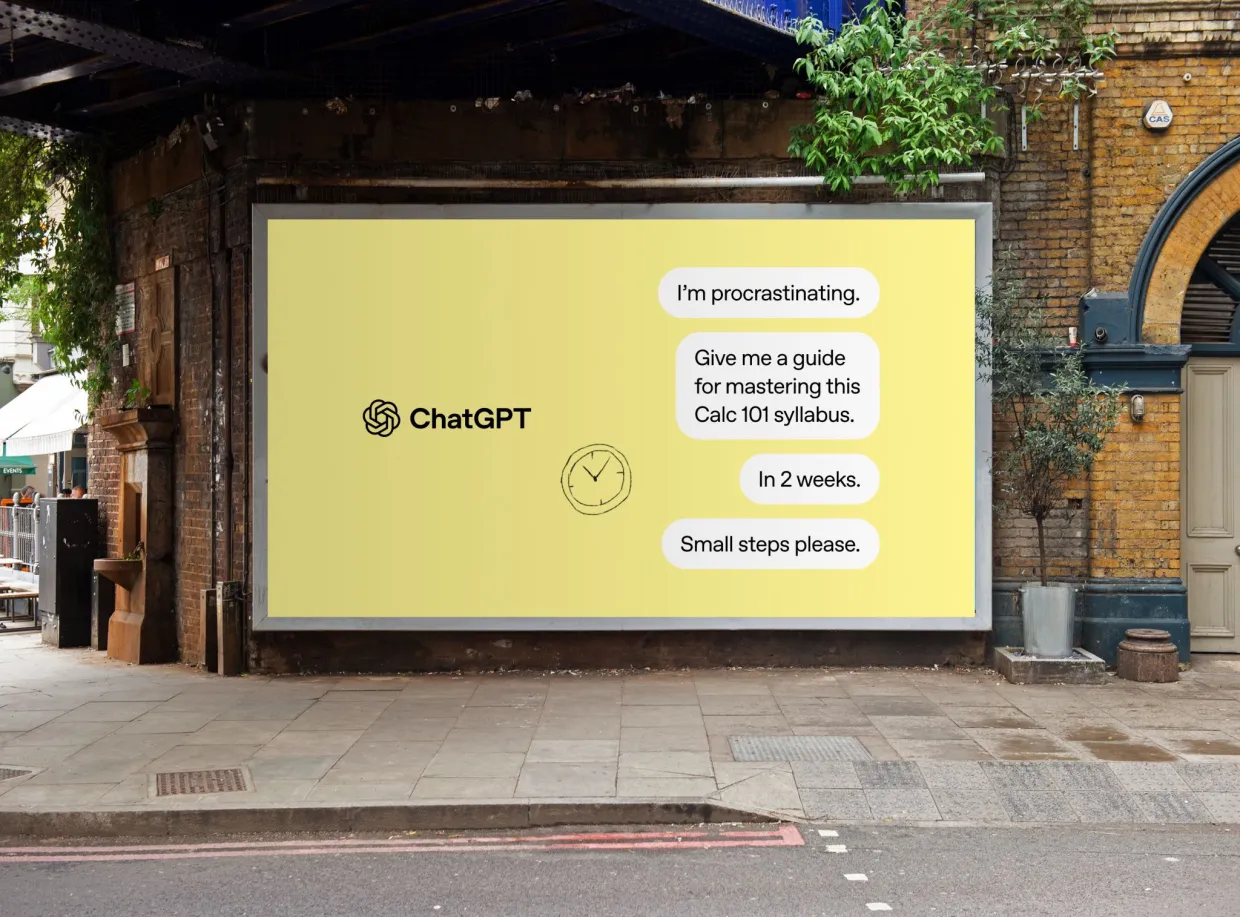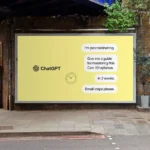In a landmark bipartisan effort, U.S. Senators Maria Cantwell (D-Wash.), Marsha Blackburn (R-Tenn.), and Martin Heinrich (D-N.M.) have introduced the Content Origin Protection and Integrity from Edited and Deepfaked Media Act (COPIED ACT). This legislation aims to tackle the growing threat of AI-generated deepfakes and provide robust protections for journalists, artists, and other content creators.
Key Provisions of the COPIED Act
Transparency Standards: The National Institute of Standards and Technology (NIST) will develop guidelines for content provenance, watermarking, and synthetic content detection. This will ensure AI-generated content is clearly identified and its origin traceable.
Creator Control: The act mandates that AI tools allow content creators to attach provenance information to their work, prohibiting unauthorized use for training AI models or generating AI content.
Legal Recourse: The Federal Trade Commission (FTC) and state attorneys general are authorized to enforce the act, with content owners given the right to sue violators.
Anti-Tampering Measures: The act prohibits the removal or tampering of provenance information on AI-generated content by internet platforms, search engines, and social media companies.
Major Endorsements
The COPIED Act has garnered support from a wide array of industry groups and associations:
- SAG-AFTRA: Emphasizes the importance of protecting performers’ images and voices from unauthorized AI-generated representations.
- Nashville Songwriters Association International (NSAI): Supports transparency guardrails for generative AI, highlighting financial feasibility for songwriters.
- Recording Academy: Advocates for ethical AI use and transparency to protect creators.
- National Music Publishers’ Association: Stresses the need for clear identification of AI-generated music to safeguard artists.
- Recording Industry Association of America (RIAA): Supports provenance requirements as fundamental for creators’ rights and accountability.
- News/Media Alliance: Represents over 2,200 news publishers, applauding the legislation for protecting quality content.
- National Newspaper Association: Highlights the importance of trusted local news in combating deepfakes.
- America’s Newspapers: Commends the bill for addressing deepfakes to maintain consumer confidence.
- Rebuild Local News: Warns of the dangers posed by deepfakes to local communities, supporting the legislation’s focus on this issue.
- National Association of Broadcasters: Supports the prohibition on using news content to train AI without consent.
- Artist Rights Alliance: Praises the bill for combating deception and protecting artists from unauthorized AI use.
- Human Artistry Campaign: Emphasizes the existential threat of deepfakes and the need for transparency.
- Public Citizen: Advocates for the right to know when content is AI-generated, supporting the bill’s promotion of transparency and ethical AI use.
- Society of Composers & Lyricists, Songwriters Guild of America, Music Creators North America: Applauds the bill as a crucial step towards addressing threats posed by generative AI to music creators.
Conclusion
The COPIED Act represents a significant step towards safeguarding the integrity of original content in the age of AI. By establishing clear standards and legal protections, this legislation aims to ensure that creators retain control over their work and that AI-generated content is transparently identified.






